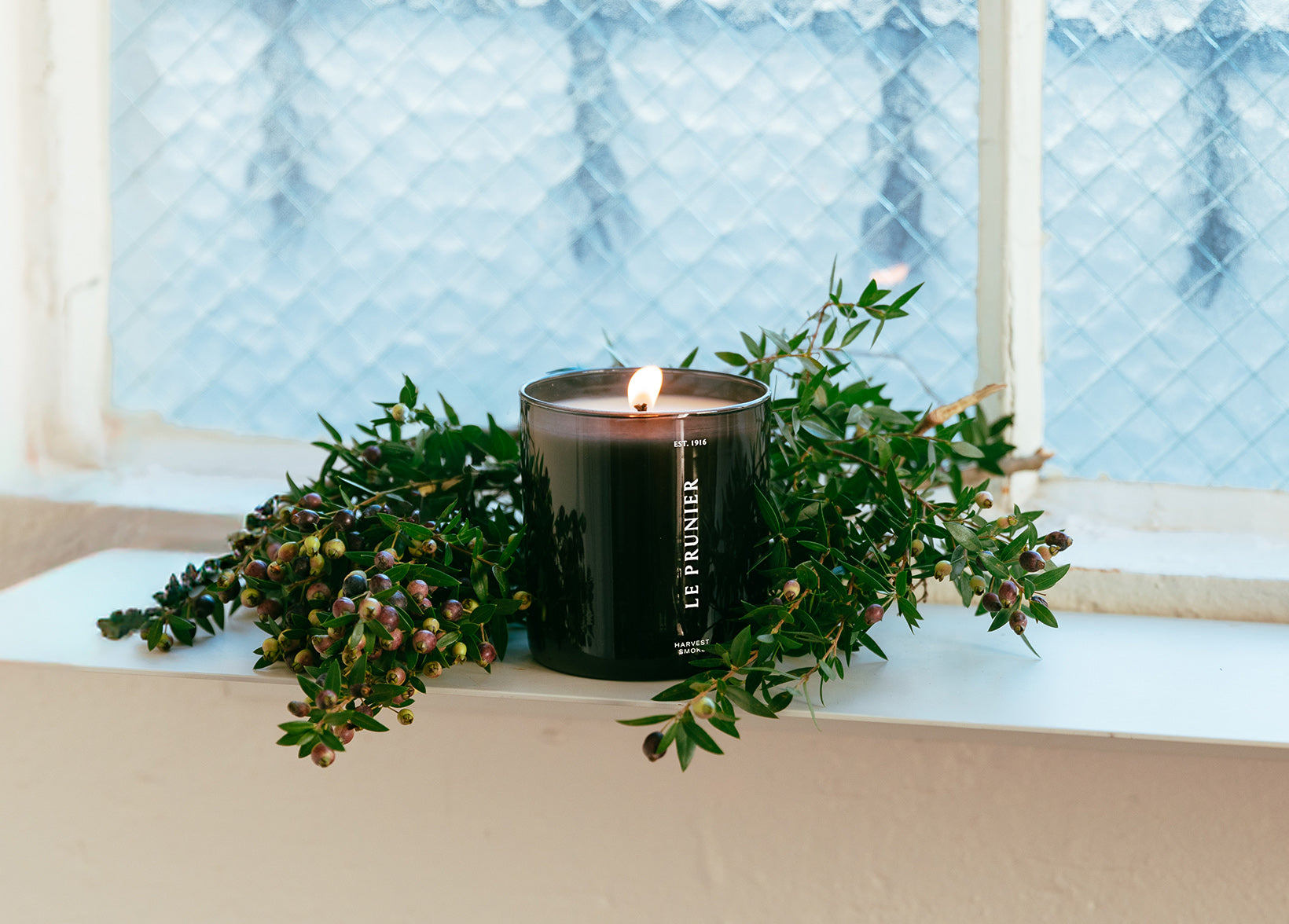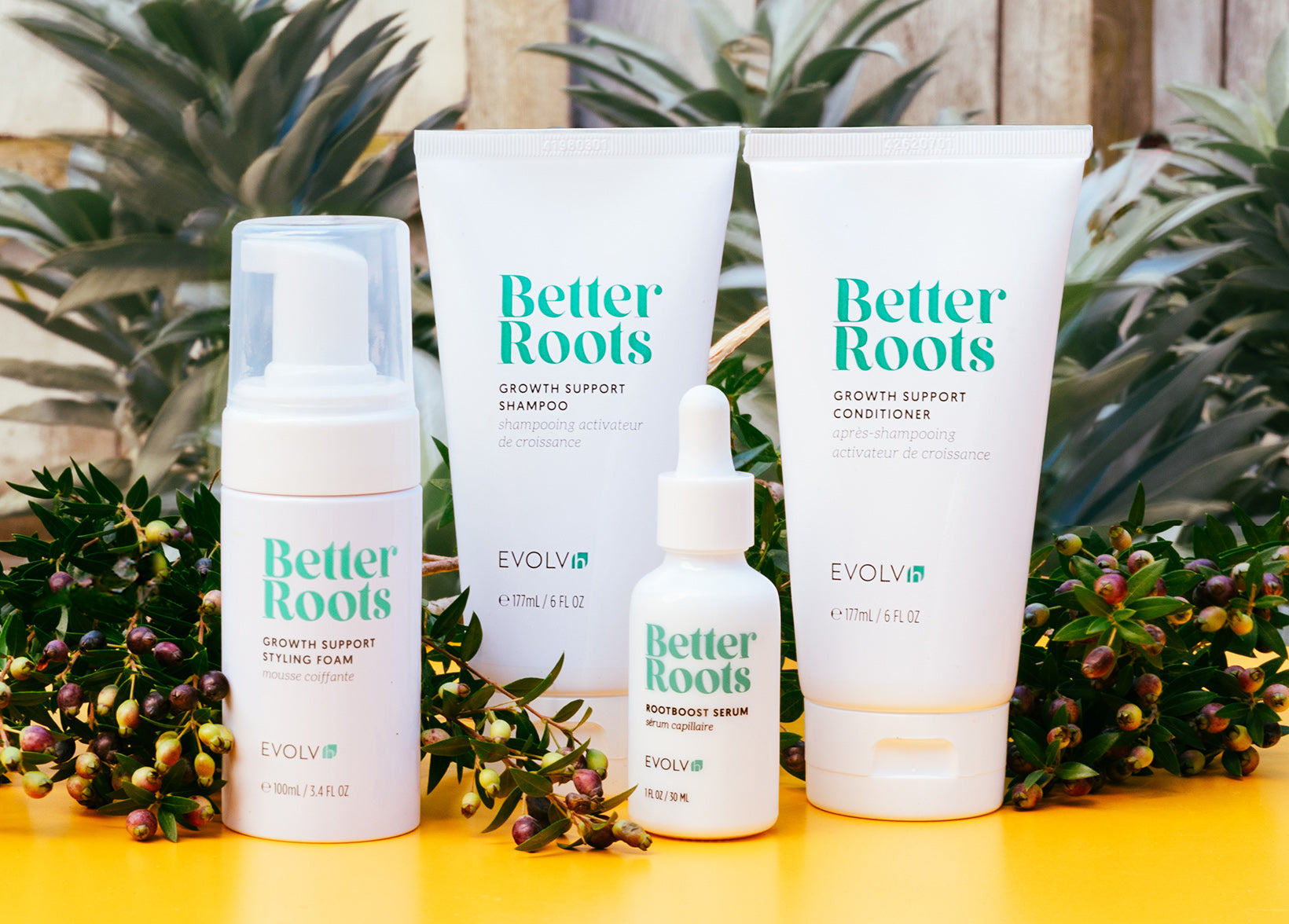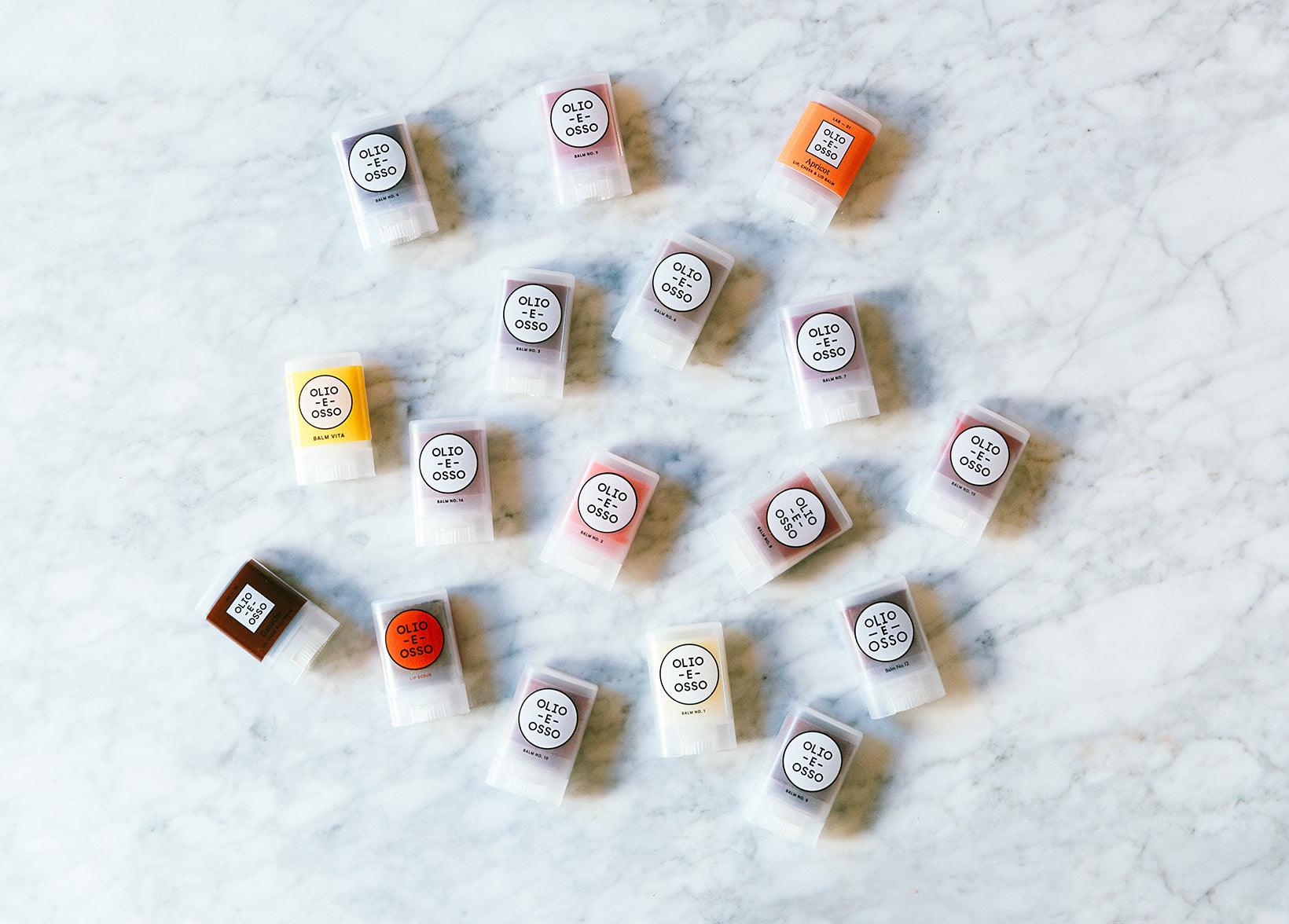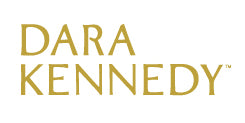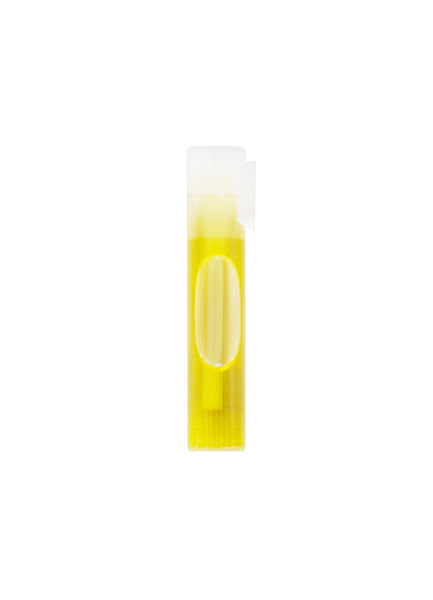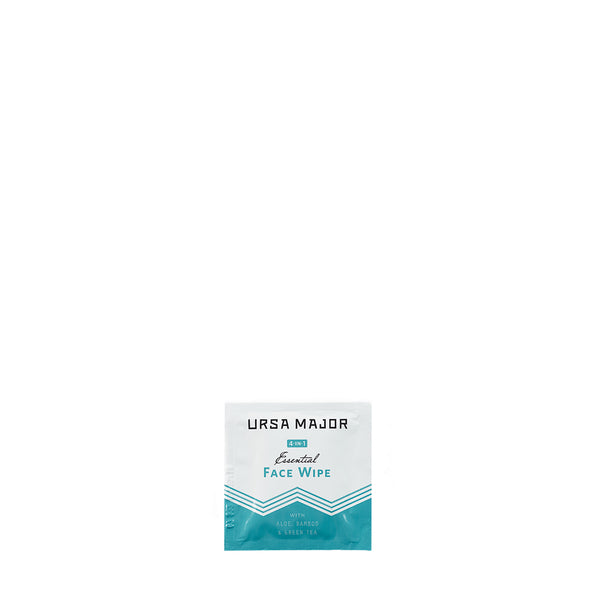Recent Articles
J.M. Generals is a collection of home & body essentials from Jeffrey Monteiro, former design director for Mayle, Derek Lam, Tod’s, and Bill Blass. Jeffrey worked with us to create a line of ultra pure, goat’s milk based body products that are handcrafted with care in the USA and blended with the uplifting "Enlighten" scent, made just for Ayla; we have adored working with him.
In this Brand Spotlight, we're sharing a conversation between Dara and Jeffrey about how J.M. Generals began — and the lengths to which Jeffrey goes in order to stay true to his original vision of a business that deeply integrates design, technique, and sustainable values.
***
Dara Kennedy: Prior to creating J.M. Generals, you were the Design Director for several beautiful, storied brands — Mayle, Derek Lam, Tod's, and Bill Blass. What prompted you to start something on your own?
JEFFREY MONTEIRO: It was mainly to have more control — to be able to say, “This is what it needs to be,” and not have to answer to the philosophy of the brand and its external pressures. I wanted to create something that was more aligned with my perspective.
I started exploring the idea behind producing fully sourced American textiles soon after Bill Blass in 2013. When I discovered American cashmere, the fiber had been produced in America for over 15 years, but around that time, an important cooperative collapsed, leaving all these small goat farmers around the country looking for a market for their fiber. I loved stumbling upon this fiber source.
 Happy goats at one of the farms Jeffrey works with
Happy goats at one of the farms Jeffrey works with
Dara: What inspired you to focus on US suppliers of cashmere in the first place?
JEFFREY: The way cashmere is produced around the world is anything but sustainable or honorable, in many cases. I didn’t even know American cashmere existed; when I found it, I loved the quality of the fiber, and I was so charmed and interested in the people who were producing it here in the US. I also just loved meeting these sustainability-minded farmers and the animals they worked with. Their stories, ethics and practices informed my own. Also, goats are such interesting creatures: they’re used for land management all the time. They eat noxious plants that others won’t, and they’re perfect companion animals for other livestock.
I wanted to introduce people to the idea that there is a high-end fiber produced here in the US.
And as I was getting to know one of my producers, she told me, “I make soaps and creams with the dairy goat’s milk from my farms,” which then led me to explore those as well. J.M. Generals grew out of that and became a way to further support the goat farmers. Fiber from goats is harvested once a year. Goats produce milk on a regular basis!
 Jeffrey (in the black jacket) visiting one of his partner farms
Jeffrey (in the black jacket) visiting one of his partner farms
Dara: Why did the body care products become so important to these farmers?
JEFFREY: Producing a diversity of products is a way to make farming more viable. When I was starting out on my own and focusing on American cashmere, these farmers were excited that I came along — the supply was there — but the manufacturing chain continued to fall apart. Fiber mills started to close as the people running them aged out; most of them were mom & pop operations, and their children were no longer around.
And mills are closing more than ever now due to the pandemic. I was in Oregon recently, and one of my major fiber suppliers closed when I was there because her husband passed away and she couldn’t get seasonal help anymore; she used to rely on college students, but none of them were around. And all her children had left to move to cities. (You realize why farmers originally had all of those children!)
She’s just one example; there are huge supply chain problems across the country. I’m mostly having to shift away from cashmere for a while until someone can process enough of it for me to use.
Dara: And you work with a few different farms for the body care products now.
JEFFREY: Yes, that first farmer eventually couldn’t quite manage the quantities I required — these are best selling products for me — so I found another producer in Washington state who’s very conscious about her own sourcing. She’s a naturopath with a sustainable farm, and she’s able to make the body cream and soaps in large enough quantities for me to work with.
 A few of the sweet goats J.M. Generals works with
A few of the sweet goats J.M. Generals works with
Dara: I loved working with you on the “Enlighten” scent you created for us. How did your interest in scents begin?
JEFFREY: I would just play around with them at first. My husband reminded me that when we first met (years ago), the movie Perfume had just come out; I’d read the book beforehand, fell in love with the idea of mixing scents, and told him that was what I wanted to do.
Some of my earliest memories are of smells. I was born in Qatar, but I’m of Indian descent and went there for boarding school. One of my first conscious memories as a kid was stepping off the plane in India, thinking, “What is this place?” India was like an olfactory assault! I smelled jasmine there for the first time and still remember it so clearly.
Dara: You have always struck me as someone who is deeply thoughtful and grounded, yet forward thinking – you’re always creating new and beautiful and inspiring things. What have you found inspiring these days?
JEFFREY: I recently took a trip cross country and went through a lot of national parks, eventually stopping in Oregon and staying there for a few months. Driving through the forest in Oregon, especially, I saw a lot of signs printed, “This is a working forest.” It brings out this understanding that we must live more cooperatively — not just with nature but also with each other.
It’s interesting to note how much we’ve generally moved away from cooperative living and towards individualism: what I can take, what I can do, what I can have. Even philanthropy seems to be ego driven. But spending time in that corner of coastal Oregon was so refreshing; I got to observe how ocean management works there, how forest management works there — the people living in this place have a multi-generational history of working with these resources. It’s ingrained, that sense of knowing what’s available to you, knowing how to use it carefully so that it can continue to nourish you and what you do.
So, I’ve been thinking about this a lot and relating that back to everything I do: moving away from that ego-driven perspective so that we’re not only doing less harm, but also not taking more than we need. Doing less harm is not far-reaching enough. I think I’ve always tried to live and work in this way, but this trip inspired me to take it to a different level.
 Too cute, these goats.
Too cute, these goats.
Dara: Tell me more about that, because I think you have always been very conscious of the impact that your work has on the world around you.
JEFFREY: With the products I make, for example, I’m bringing greater focus to every single aspect of each one at a level that I might not have been previously. Our soaps have always been easy from this standpoint; they’ve always used as few ingredients as possible. You can easily trace where each one comes from, and they’ve always been very sustainable.
But scent is typically reactionary: it’s about how I feel, and what it evokes. Now, I also question, “Who’s paying the true cost for this?” I’ve always been mindful of it, but I might have made some concessions in the past. Now, in tracing where everything comes from, I’m being more discerning about the essential oils I use — exactly how they’re harvested, who’s doing the work, who’s paying the real cost.
We’ve done this sort of thing with food, and people have become a lot more aware of it, but we can bring that discipline to every aspect of our lives. With my textiles, for example, we are moving towards all the fiber and yarns used being climate-beneficial: every step of the process is a full loop. When it comes to the farming methods, they’re rotational farms, and the animals are used for land management outside the farm as well as on the farm. The way the fiber is processed is also very sustainable; the water is recycled. Each aspect of production feeds another, with nothing discarded or wasted. Therefore, the production of these textiles can have a net benefit to the environment. It’s hard to find these producers. I’ve recently found one in the eastern Sierra Nevada that I enjoy working with; we are starting to work with a few more producers out West. Good things happen out West!
Dara: We like to think so! It appears the clothing industry is taking more positive steps for the environment, too.
JEFFREY: Yes, the clothing industry is starting to understand the need to look at the full loop. But as with skincare and body care, there are many clothing brands that claim sustainability — but once you start digging, they don’t really know the details that they should. I think some of that is about retraining people to think about it all more carefully and question where the value is coming from: is everyone involved being paid a living wage, for example? We forget that one life can change a community for the better. Overall, most of us don’t live that way or think that way.
Dara: This seems like a good time for so many of us to make changes.
JEFFREY: This last year has really shown us that we live in an unsustainable environment. We have to learn how to live within it; we have to think about the equity of everything.
I think for many of us, this means that we need to keep questioning what we’re doing and whether it fits with our original purpose. As things progress, we evolve, we develop — while remaining true to our original vision and making sure those touchstones are within reach. It can be easy to lose track of why you started something once you’re in the thick of it. We all need to keep checking back in.
Shop the J.M. Generals collection for Ayla here.


